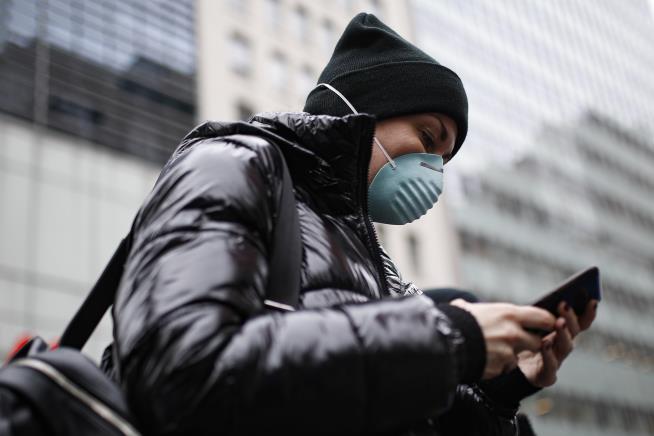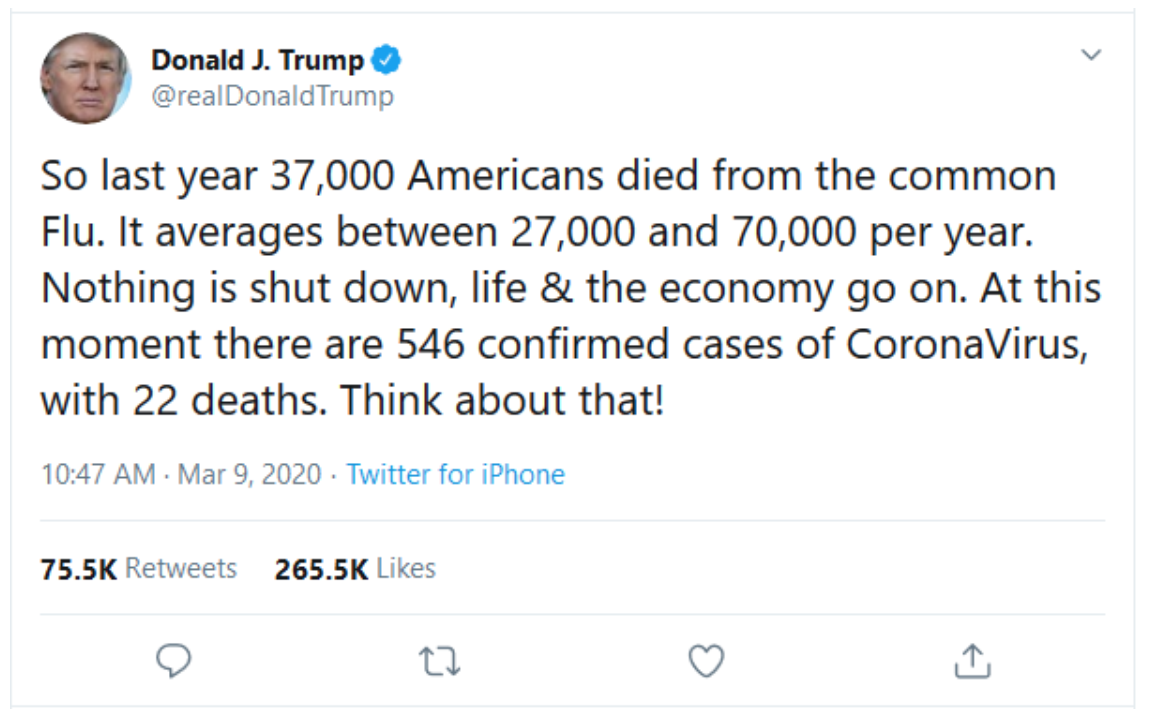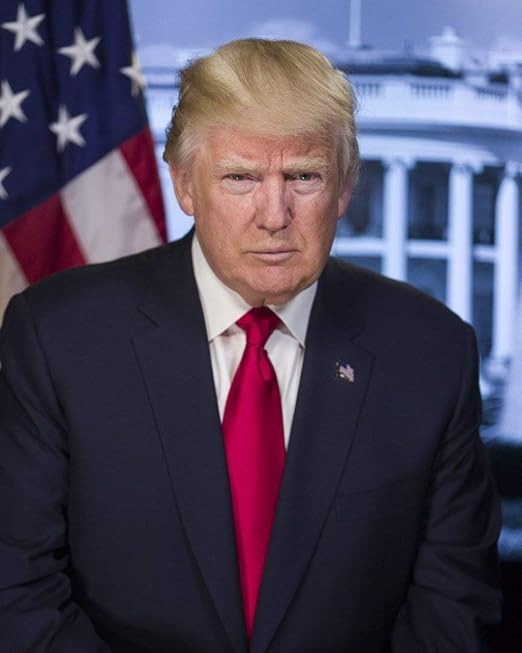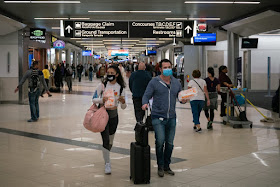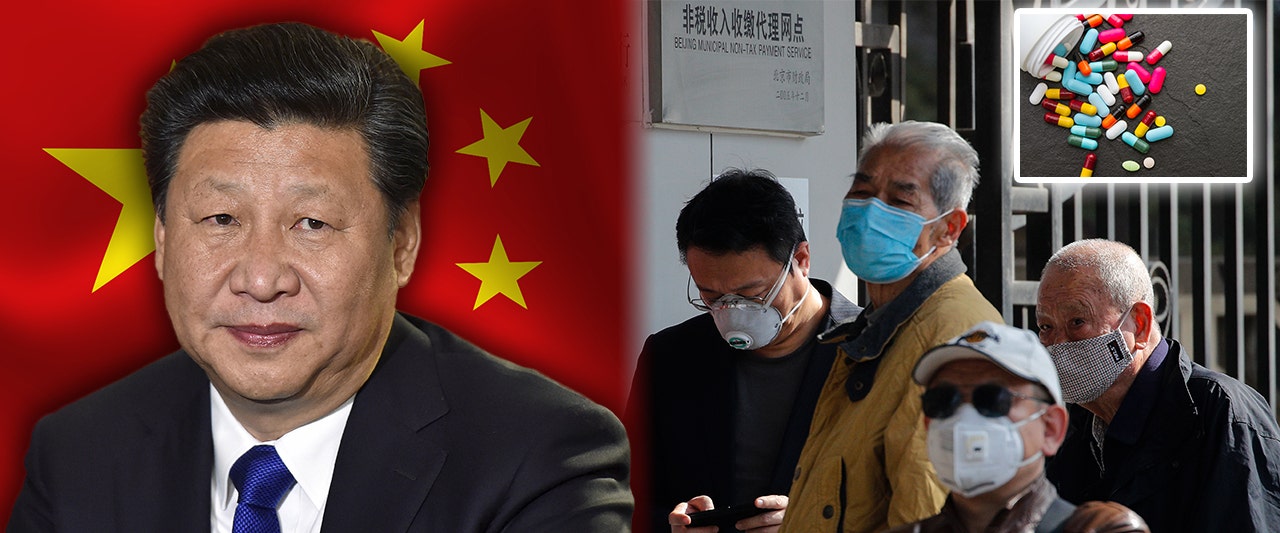The global pandemic that began in Wuhan is the top story in the world right now. Contagion, fear, and even panic abound. The story touches on several issues President Donald Trump has made a part of his personal platform, especially our reliance on foreign imports. Yet his reaction has been the opposite of what we would expect.
Should we panic?
No, we should not. But there are reasonable steps we should take to help contain this outbreak, and more steps to avoid some of these problems in the future, and Trump would do well to promote them.
During the credit crisis of 2008-2009, Barack Obama’s chief of staff, Rahm Emanuel, cynically remarked, “You never let a serious crisis go to waste.” Trump should remember what brought him to the White House and remind people that our dependence on goods from the Third World has hamstrung our response to the crisis. Instead of proclaiming that the disease is no threat to us, he should tell people the truth: In a time of global health crisis, we’ve outsourced a huge chunk of our medical industry to the country where most of these diseases originate.
Made in China
We still don’t know what drugs will help people afflicted with the COVID-19 strain of Wuhan coronavirus, but whatever it is, it’s likely to be made in China. That’s because the drugs we use most frequently are made there.
Politico
reported on this last year, before the Wuhan outbreak was widely known. The numbers it cites are staggering: In 2018, “China accounted for 95 percent of U.S. imports of ibuprofen, 91 percent of U.S. imports of hydrocortisone, 70 percent of U.S. imports of acetaminophen, 40 to 45 percent of U.S. imports of penicillin and 40 percent of U.S. imports of heparin, according to Commerce Department data. In all, 80 percent of the U.S. supply of antibiotics are made in China.”
Antibiotics won’t help with a virus — almost nothing will, directly — but anti-inflammatories such as ibuprofen and acetaminophen do relieve some of the symptoms. In a pandemic, will China allow drugs to be exported, or will it keep them for its own people? The answer is obvious. Federal officials moved recently to
exempt imports of medical gowns, protective masks, and other health-care products from tariffs, but we should question why they are manufactured in China in the first place.
Even beyond supply issues, quality control is uncertain in countries that lack the rule of law. Again, according to the 2019 Politico article, “A single factory in China made the active pharmaceutical ingredient for a common blood pressure medicine, valsartan, that was found to contain a cancer-causing chemical that has been used to make liquid rocket fuel.”
These factories cut corners to save costs at the expense of quality, and they receive state subsidies to do so. Trump’s signature issue has been fighting unfair trade with unfree nations. Why drop the issue now when events are proving him right?
Close the Border
Trump also campaigned on controlling American borders. His 2020 opponents, meanwhile, have fallen over each other to proclaim that illegal entry into the United States will barely be a crime when they’re in charge, just a civil offense like jaywalking or parking illegally.
To its credit, the Trump administration moved quickly on this point,
banning foreigners who had recently been to China from entering the United States in late January, and President Trump announcing March 11 a travel ban from most of Europe. Unfortunately, the Chinese government concealed the 2019 outbreak long enough that the contagion had already spread to the rest of the world.
A travel ban is a quarantine writ large, and sounds to most of us like an eminently reasonable policy — but not to Bernie Sanders, who said he would refuse to close the border even if it was shown to stop the spread of the virus. Border closures are something “we don’t want to do,” Sanders
said Monday. “We have a president who has promulgated xenophobic, anti-immigrant sentiment from before he was elected.” Sanders may be willing to die to avoid sounding xenophobic, but most Americans are not.
Embrace Your Inner Germaphobe
Beyond trade issues, Trump’s reaction to the virus has sometimes been puzzling. In an effort to reassure people about the state of the economy, he risks downplaying the potential harm to a dangerous extent.
Trump was well known to be a germaphobe before he became president. In his 1997 book, “
The Art of the Comeback,” Trump wrote, “One of the curses of American society is the simple act of shaking hands, and the more successful and famous one becomes the worse this terrible custom seems to get. I happen to be a clean hands freak. I feel much better after I thoroughly wash my hands, which I do as much as possible.”
Thoroughly
washing one’s hands with soap and water is the top piece of advice medical experts at the CDC and around the world are offering people trying to avoid the Wuhan flu. It would be easy for Trump to promote this message. Not only is it actual good advice, but it is something he actually believes and has been saying for decades.
A president telling investors not to panic will never stop investors from panicking, if that is what they want to do. But a calm message about personal hygiene would help and might actually save some lives. The president should stop worrying about the markets, which he cannot control, and use his bully pulpit to convince his fellow Americans to touch each other less.
From border control and foreign goods to deadly germs, this is a crisis Trump is uniquely positioned to handle responsibly. Instead of downplaying the problem, he should admit the truth and talk calmly about the things we can do now and in the future to prevent dire results. It makes good sense, and it also happens to be good politics. Barack Obama would not waste the crisis, and neither should Trump.
